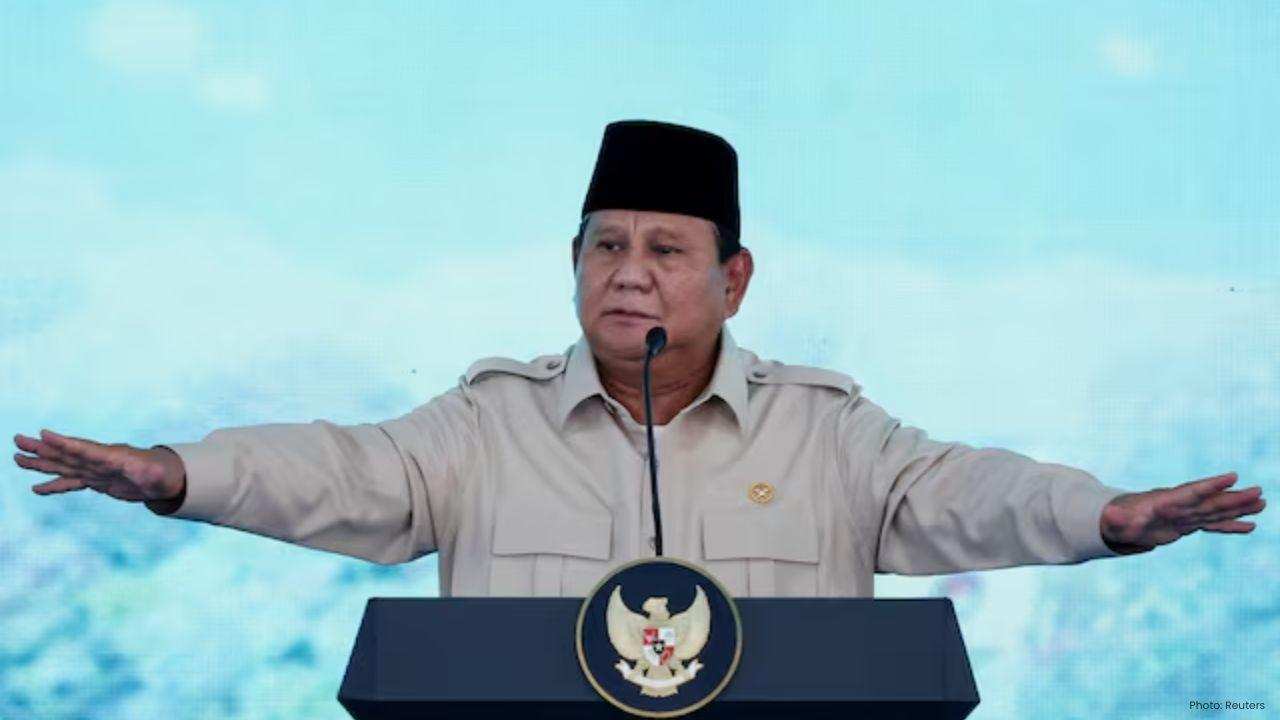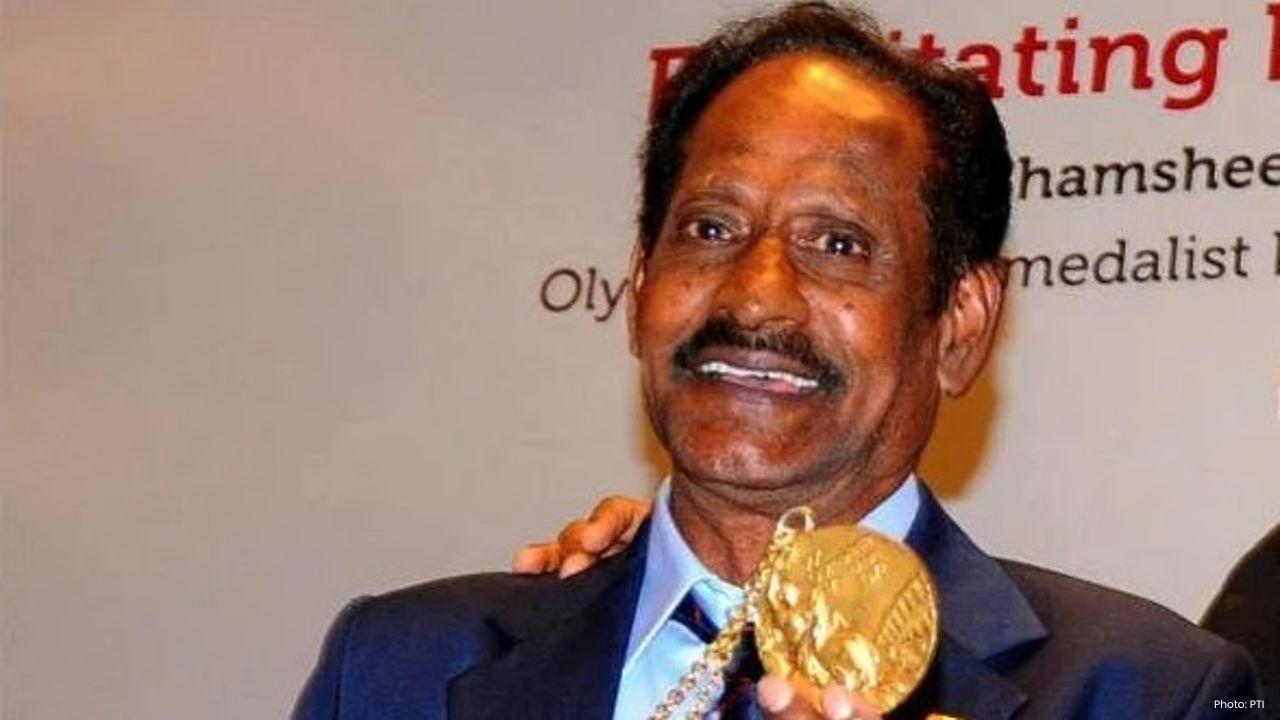
Join 10k+ people to get notified about new posts, news and tips.
Do not worry we don't spam!

Post by : Anis Farhan
Photo: Reuters
In recent years, the streets of South Asia have become battlegrounds for political change, and at the heart of these movements lies a force too powerful to ignore: Generation Z. Young people across Nepal, Sri Lanka, and Bangladesh are rewriting the rules of politics, demanding accountability, transparency, and inclusivity from leaders who have often failed them. What makes this wave unique is not just the age of its participants, but the way they are using digital platforms, street mobilization, and grassroots activism to reshape entire systems of governance.
This article explores how Gen Z movements have emerged, the conditions that sparked their rise, the methods they employ, the resistance they face, and the potential long-term transformation of South Asian politics.
The roots of Gen Z’s revolt can be traced to persistent crises that plagued South Asia in the last decade. For many young people, the promises of democracy, economic stability, and social justice have remained unfulfilled.
In Sri Lanka, the economic meltdown of 2022–2023 triggered massive protests. Inflation, shortages of basic goods, and government mismanagement ignited frustration among youth, who organized sit-ins and peaceful demonstrations. These gatherings, fueled by students and young professionals, forced long-standing political elites to resign.
In Nepal, political instability and a cycle of regime changes left the country in a state of uncertainty. Young Nepalis, disillusioned by corruption and unemployment, found common ground in their frustration. What followed was an unprecedented mobilization on campuses and online, with students leading protests against power struggles in Kathmandu’s parliament.
Bangladesh, meanwhile, has been home to youth-led movements calling out authoritarian tendencies, press restrictions, and economic inequality. University students and young professionals have consistently played a central role in shaping the dialogue, from road safety protests to recent calls for leadership accountability.
In all three countries, a common theme emerges: young people have had enough of broken systems, and their collective voice is louder than ever.
Unlike earlier protest movements in South Asia, Gen Z has mastered the art of mobilizing through digital platforms. Social media tools like Twitter, Instagram, TikTok, and Facebook serve as both megaphones and organizing hubs. Livestreams of rallies, viral protest songs, and satirical memes have become as powerful as traditional speeches and leaflets.
In Nepal, hashtags demanding systemic reforms trended globally, creating international pressure. In Sri Lanka, youth organized mass gatherings through encrypted groups, ensuring coordination even in the face of government crackdowns. In Bangladesh, digital activism played a crucial role in spreading awareness about authoritarian practices, reaching both rural and urban youth.
These platforms also created a sense of unity across borders. A student in Dhaka could instantly connect with activists in Colombo or Kathmandu, reinforcing the idea that their struggles were not isolated but part of a broader regional awakening.
One of the most striking features of Gen Z activism is its shift from mere protest to direct involvement in policy advocacy. Rather than limiting themselves to slogans, young leaders are demanding specific reforms in governance, transparency, and economic planning.
In Sri Lanka, youth movements called for the drafting of new financial accountability laws and greater parliamentary oversight on debt management. In Nepal, student activists pushed for electoral reforms and sought legal action against corruption at the highest levels. In Bangladesh, the calls extended beyond leadership changes to include reforms in education, job creation, and freedom of the press.
This transition reflects a deeper maturity in activism—one that seeks not only to challenge power but also to reshape it constructively.
Predictably, these youth-led movements have not gone unchallenged. Governments across the region have responded with a mixture of repression and appeasement.
In Bangladesh, protests have often been met with heavy police presence, detentions, and curfews. In Nepal, activists have faced legal hurdles, with governments accusing them of undermining stability. Sri Lanka’s government initially attempted to suppress dissent but ultimately conceded when protests became too large to contain.
These challenges highlight the resilience of Gen Z activists. Instead of retreating, they adapt—using decentralized networks, anonymous online organizing, and international advocacy to keep their movements alive.
What began as national struggles has now taken on a regional dimension. South Asia, long plagued by political instability and generational divides, is witnessing a new form of solidarity. Youth in India and Pakistan are closely observing these movements, and whispers of similar uprisings resonate among students frustrated by corruption and inequality in their own countries.
The ripple effect extends beyond South Asia. International human rights groups, global media, and diaspora communities have amplified these voices, bringing unprecedented global visibility to local struggles. For Gen Z activists, this validation fuels their determination while putting pressure on their governments to engage constructively.
The economic backdrop cannot be overlooked. Youth unemployment, underemployment, and the rising cost of living have been powerful motivators. In countries like Nepal and Bangladesh, where millions seek work abroad, the lack of domestic opportunities has created anger and despair. Gen Z activists argue that political corruption directly worsens these economic challenges, framing their struggle as both political and personal.
In Sri Lanka, the collapse of the currency and the burden of debt repayment became rallying cries. Students saw their futures slipping away and chose to act rather than wait. By connecting economic hardship to political accountability, Gen Z has reframed the debate—making it harder for leaders to dismiss their demands as mere youthful idealism.
Beyond economics and governance, Gen Z activism is deeply tied to cultural shifts. This generation is more globally connected, digitally literate, and socially conscious than any before it. Issues like gender equality, LGBTQ+ rights, climate change, and freedom of expression are not side concerns but integral parts of their political identity.
In Nepal, female student leaders have risen to prominence, challenging not only political corruption but also entrenched patriarchy. In Bangladesh, LGBTQ+ activists have found allies among student groups, who frame inclusivity as essential to democracy. In Sri Lanka, climate justice has been woven into broader economic protests, reflecting a holistic vision of progress.
These cultural shifts are redefining politics in South Asia, pushing it beyond traditional debates about nationalism and security toward a more inclusive and rights-focused agenda.
South Asia has seen waves of student protests before, from the independence struggles of the mid-20th century to the pro-democracy movements of the 1990s. But today’s movements differ in scale, tools, and ideology.
Unlike previous generations, Gen Z is less willing to compromise with elites. They are less tied to party loyalties and more focused on values and outcomes. This independence allows them to push for genuine reforms rather than aligning themselves with established factions.
Moreover, the digital environment allows them to sustain momentum even when governments attempt to shut down traditional protests. Memes, videos, and online petitions become weapons as effective as physical demonstrations, ensuring that the flame of dissent never fully dies out.
The question now is whether these youth-led uprisings will translate into long-term systemic change. Political history suggests that movements often lose steam once immediate goals are met or repression intensifies. However, Gen Z’s determination and global connectedness set them apart.
In Sri Lanka, the resignation of leaders was just the beginning. The challenge lies in institutionalizing reforms to prevent future crises. In Nepal, political stability remains elusive, but the demand for accountability has already altered parliamentary debates. In Bangladesh, youth activism continues to test the resilience of authoritarian structures, with uncertain but potentially transformative outcomes.
If these movements succeed, South Asia may witness the rise of a new political era—one in which transparency, inclusivity, and accountability are not distant ideals but daily realities.
Globally, the rise of Gen Z activism in South Asia matters for several reasons. First, the region houses nearly a quarter of the world’s population, and its stability is critical to international security and trade. Second, the methods employed by these movements—digital activism, cross-border solidarity, and intersectional advocacy—offer blueprints for youth elsewhere. Third, the generational shift in politics may challenge traditional geopolitics, forcing global powers to engage with a younger, more assertive South Asian population.
For the world, these revolts are not just local uprisings but signals of how youth everywhere may transform politics in the decades to come.
South Asia’s Gen Z is not waiting for permission to enter politics—they are seizing it. Armed with smartphones, idealism, and resilience, they are challenging structures that seemed immovable. They are pushing for leaders to be accountable, for systems to be transparent, and for societies to be inclusive.
While obstacles remain, their momentum is undeniable. Whether in the streets of Colombo, the campuses of Kathmandu, or the squares of Dhaka, one message rings clear: this generation refuses to be silent. They are not the future of South Asian politics—they are its present.
This article is a comprehensive editorial analysis based on ongoing youth movements across South Asia. It reflects current developments, perspectives, and available information but does not claim to represent the official positions of governments or organizations involved.










Paramount+ to Stream PBR’s 'Unleash the Beast' in New Five-Year Deal
Paramount+ will stream PBR’s 'Unleash the Beast' across the U.S. starting this December under a five

Zohran Mamdani Clinches NYC Mayoral Seat as Victory Speech Blends Politics and Bollywood
Zohran Mamdani won New York City's mayoral race, becoming the city's first Muslim and South Asian ma

India Wins First Women’s World Cup 2025 Title
India lifts its maiden Women’s World Cup 2025 title! Harmanpreet Kaur’s team stuns South Africa in a

Manuel Frederick, 1972 Olympic Bronze Goalkeeper, Dies at 78
Manuel Frederick, a member of India’s 1972 Olympic bronze hockey team, has died in Bengaluru at 78 a

Muhammad Hamza Raja Wins IFBB Pro Card Puts Pakistan & UAE on Global Stage
Pakistani bodybuilder Muhammad Hamza Raja earns IFBB Pro Card in Czech Republic, showcasing Dubai’s

Shreyas Iyer’s Recovery Underway After Spleen Laceration in Sydney ODI
Shreyas Iyer is recovering after a spleen laceration sustained while taking a catch in the Sydney OD